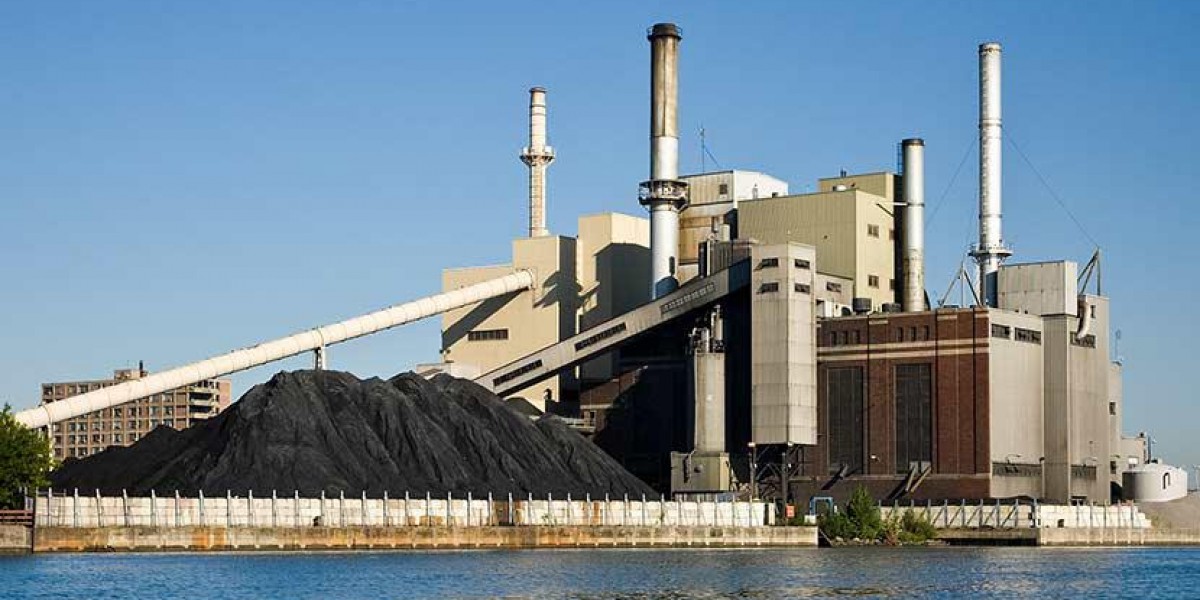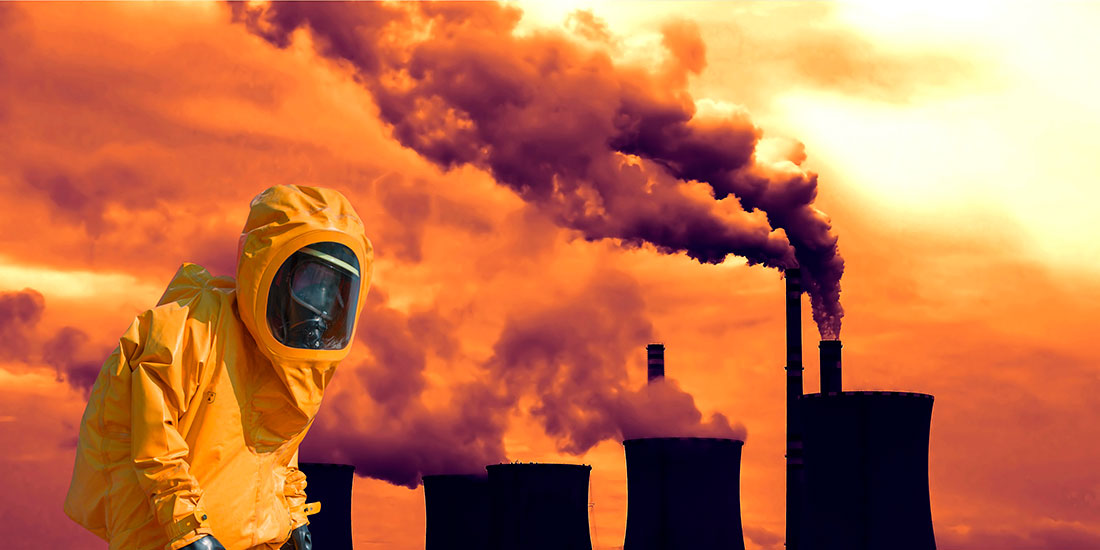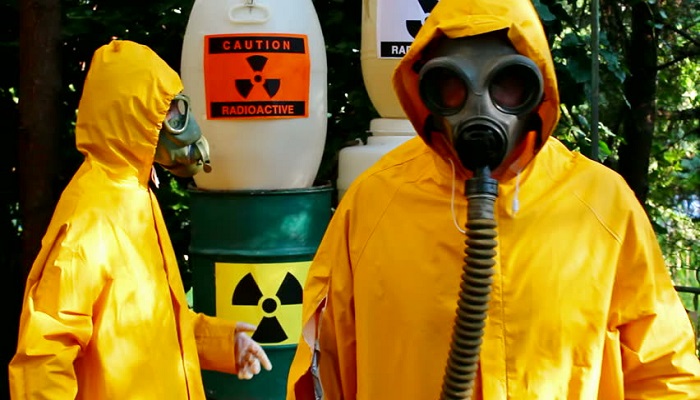.jpg)
.jpg)
This knowledge makes the participant aware of the legal and regulatory aspects of pollution and the handling of hazardous waste materials within their plants. It will also allow them to reduce the amount of hazardous waste produced and save money through preventing personal injury and preventing or limiting the effects of accidental pollution
By the end of this course delegates will be able to:
EH&S Personnel, anyone involved in the handling of hazardous materials: Project Leaders, Production Managers, Supervisors, Engineers and Technicians, Maintenance Managers, Supervisors, Engineers and Technicians, Consulting Engineers, Operation, Inspection and Repair Managers, Supervisors, Engineers
Introduction
Regulatory Constraints
Water Supplies
Air
Personal Safety
Pollution/Contamination Prevention Procedures
Contingency Planning
Measuring Techniques
Costs and Benefits
Other Important Issues
CDGA attendance certificate will be issued to all attendees completing minimum of 75% of the total course duration.
| Code | Date | Venue | Fees | Register |
|---|---|---|---|---|
| HSE180-02 | 14-06-2026 | Doha | USD 5450 | |
| HSE180-03 | 20-09-2026 | Dubai | USD 5450 | |
| HSE180-04 | 14-12-2026 | Cape Town | USD 6950 |
.png)
Emergency responders are those people who may be the first emergency personnel to arrive at hazardous material/waste incidents and are expected to take some evasive actions to protect the people or th ...

Introduction: Industries, commercial facilities and institutions are responsible not only for the products that they produce and sell, but also for the waste materials that they generate. In the past ...

This training course is designed to provide participants with a thorough understanding of hazardous waste management and pollution prevention strategies. The course will cover regulatory frameworks, b ...

Improper storage of hazardous chemicals, both products and wastes-incompatible inspection of containment materials, using hazardous products when non-hazardous products are available and inadequate tr ...
Providing services with a high quality that are satisfying the requirements
Appling the specifications and legalizations to ensure the quality of service.
Best utilization of resources for continually improving the business activities.
CDGA keen to selects highly technical instructors based on professional field experience
Since CDGA was established, it considered a training partner for world class oil & gas institution
3012, Block 3, 30 Euro Business Park, Little Island, Co. Cork, T45 V220, Ireland
Mon to Fri 09:00 AM to 06:00 PM
Contact Us anytime!
Request Info